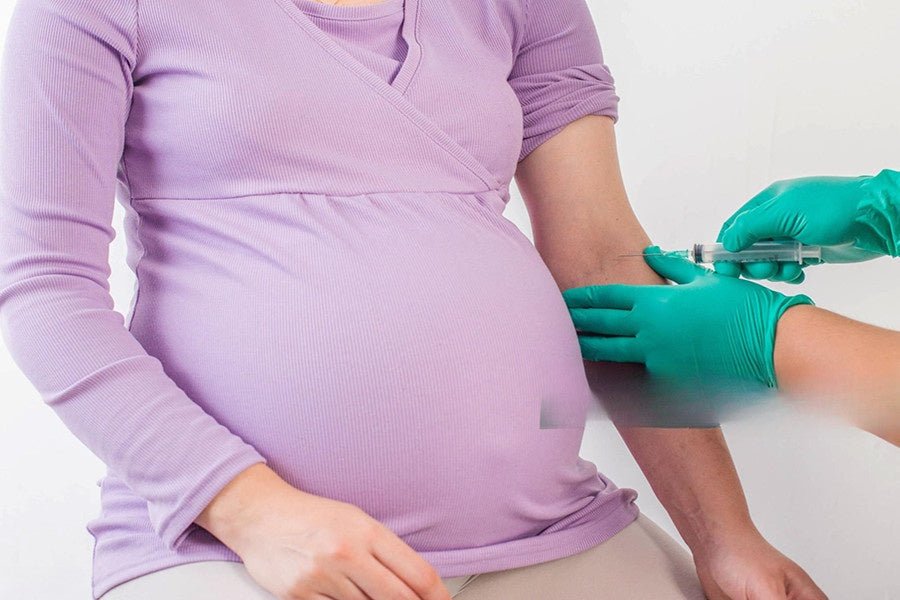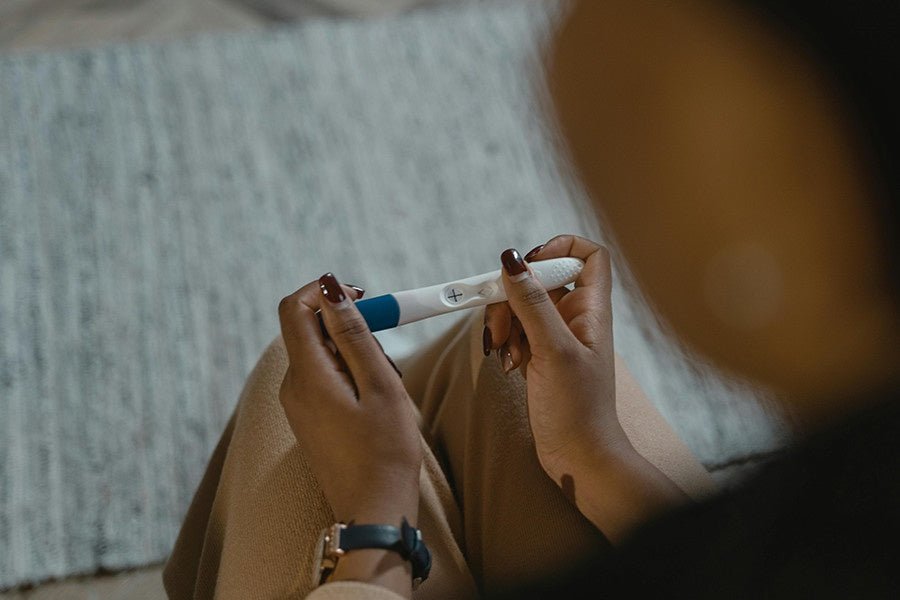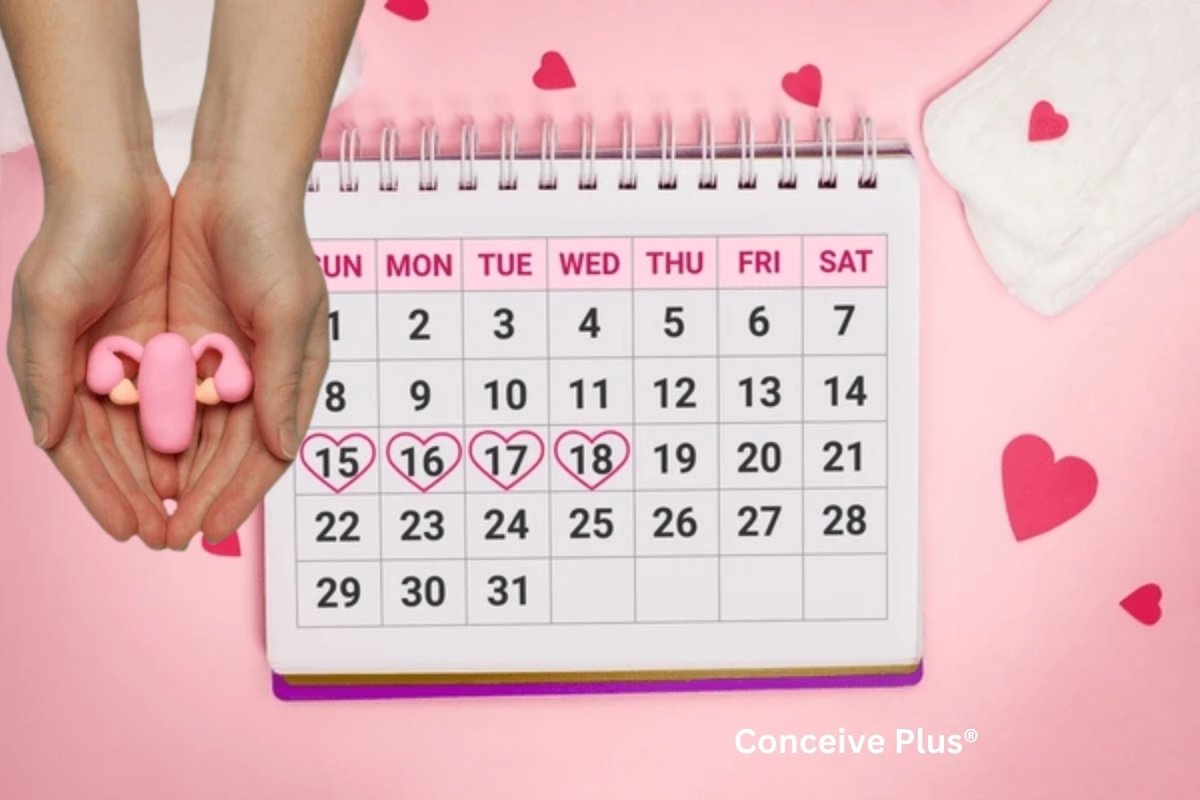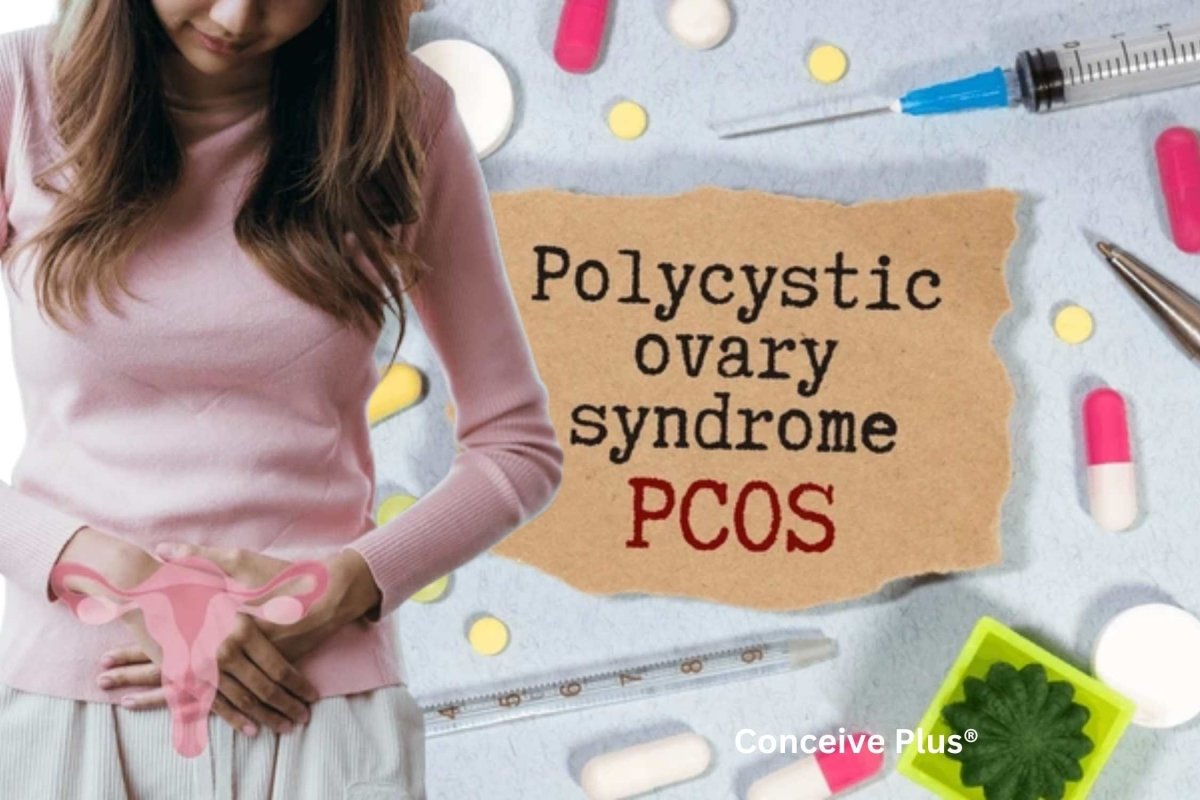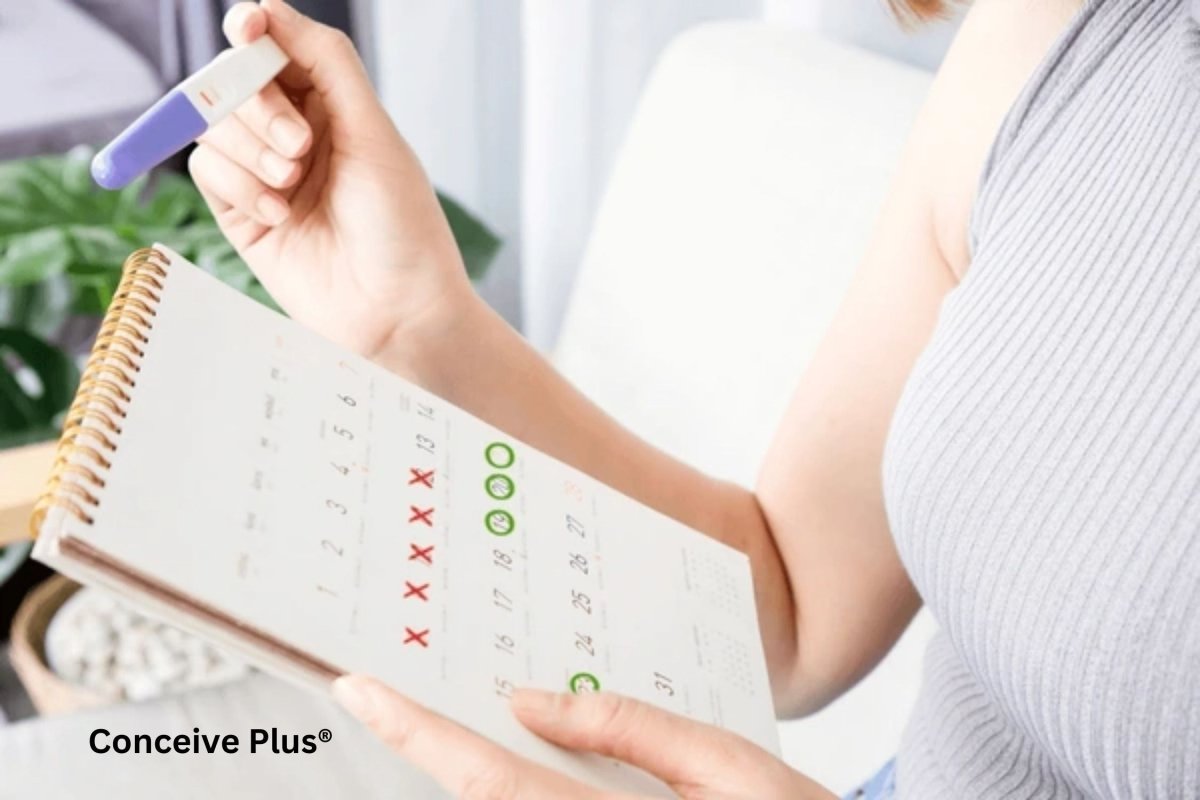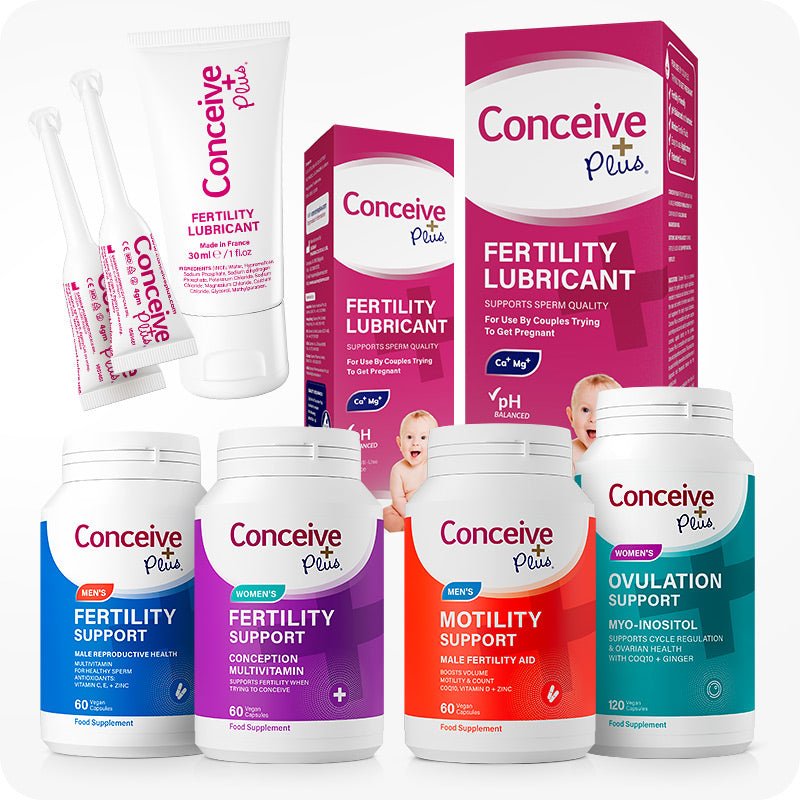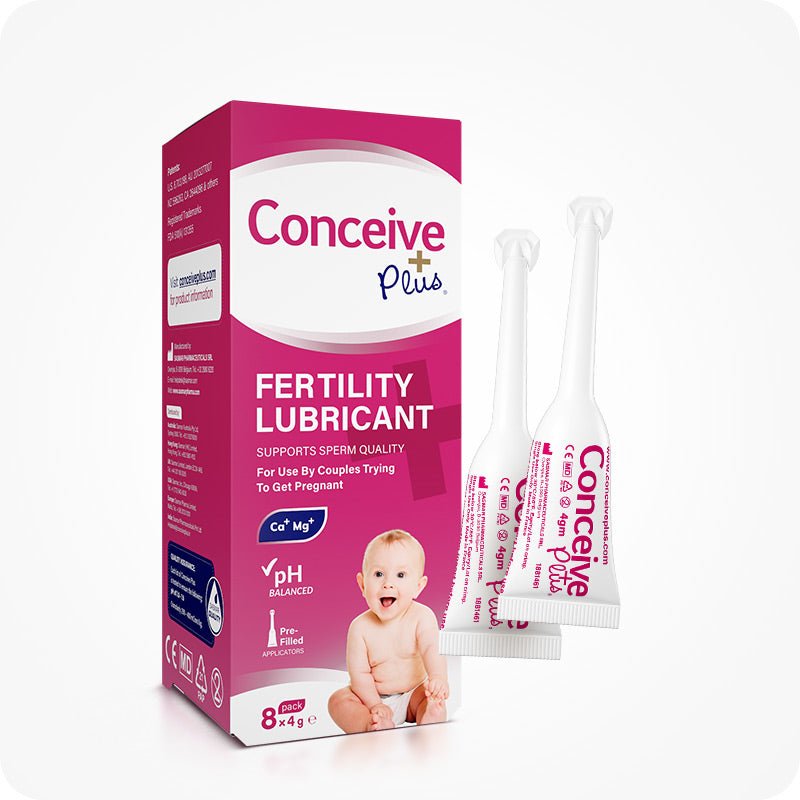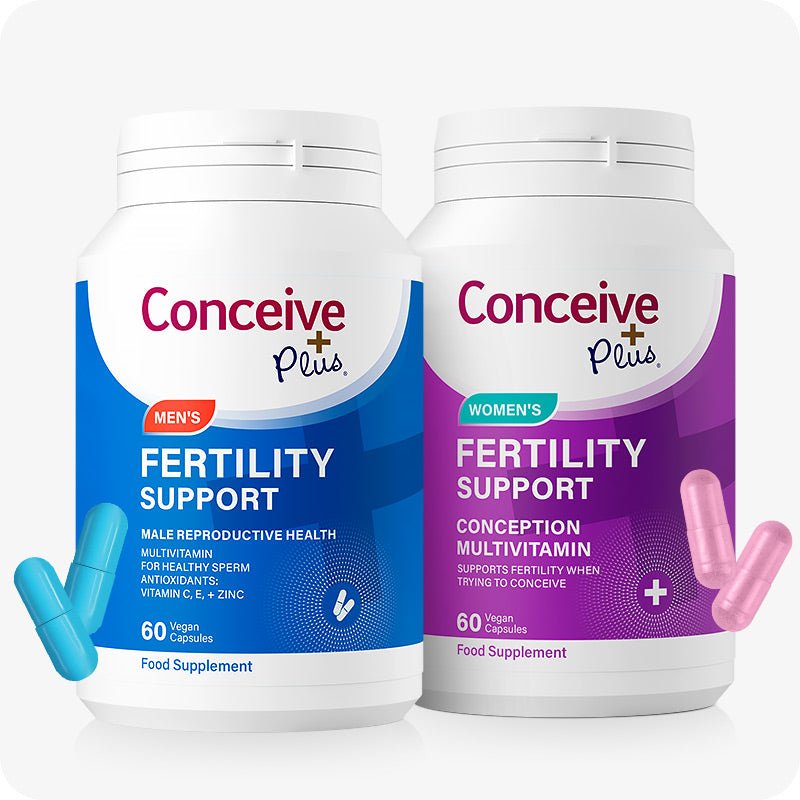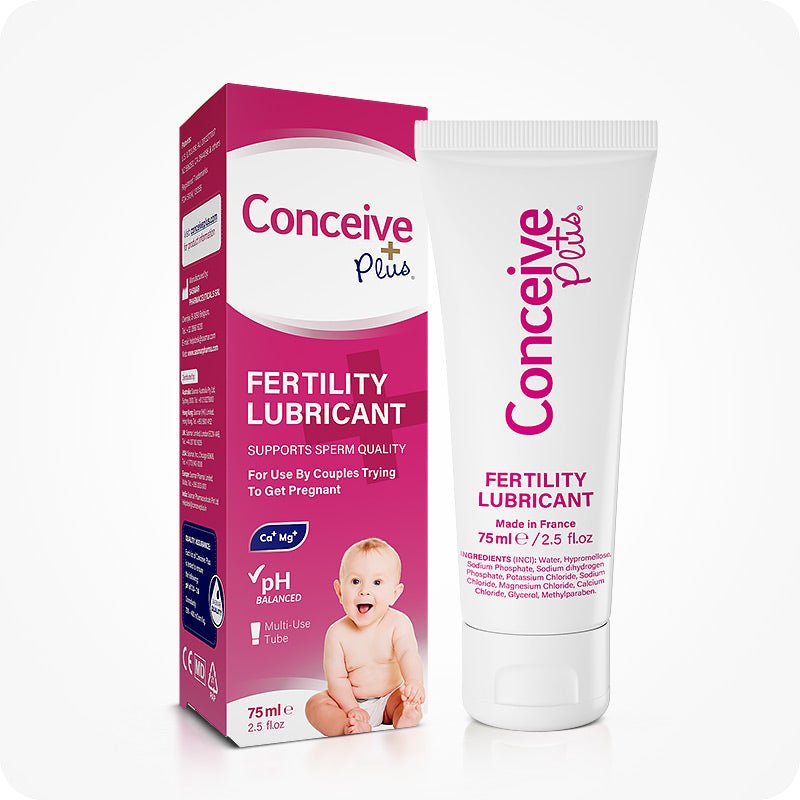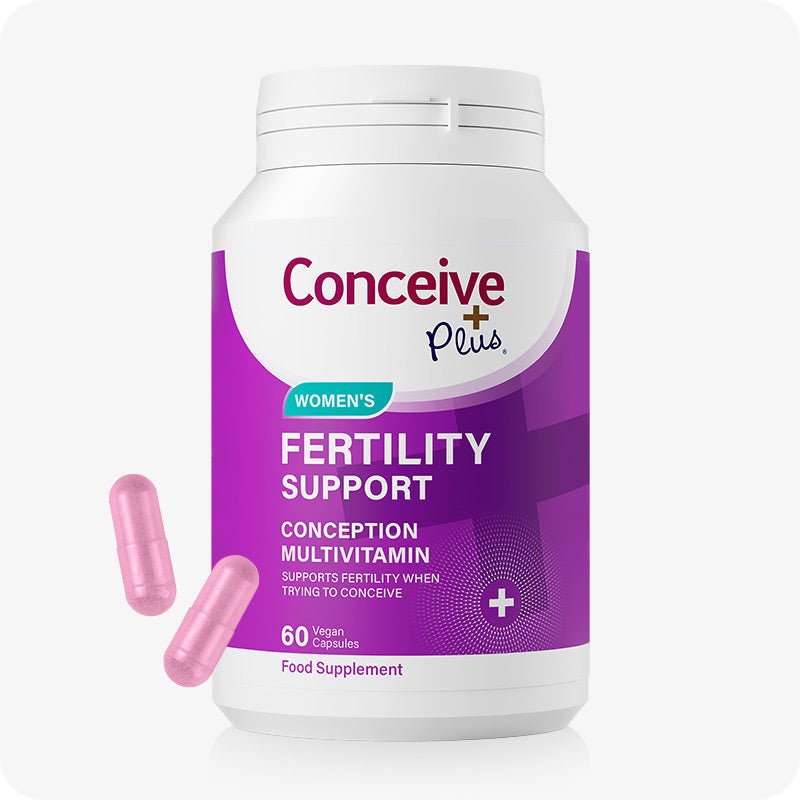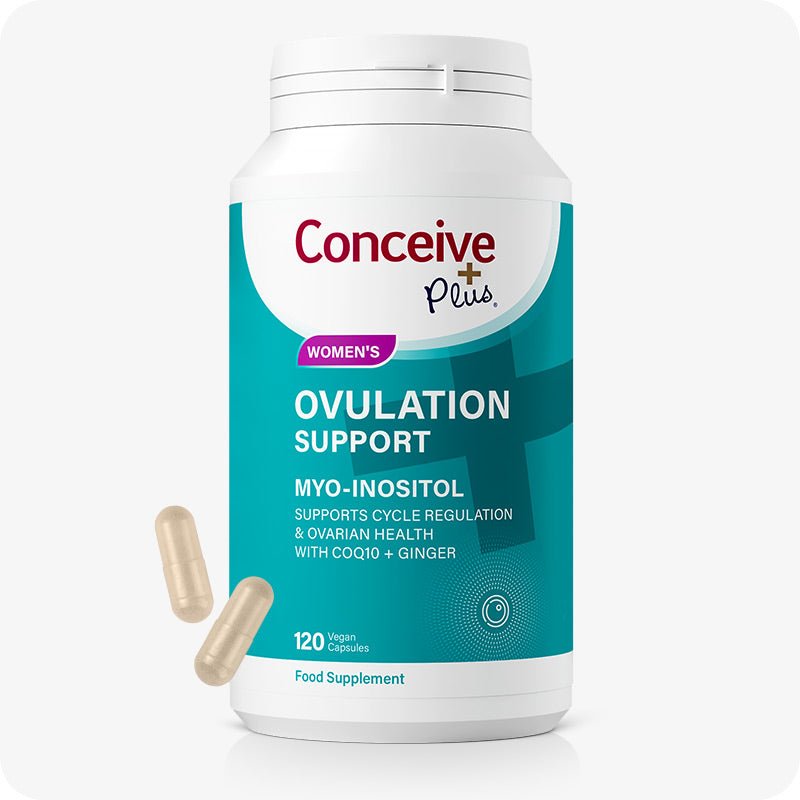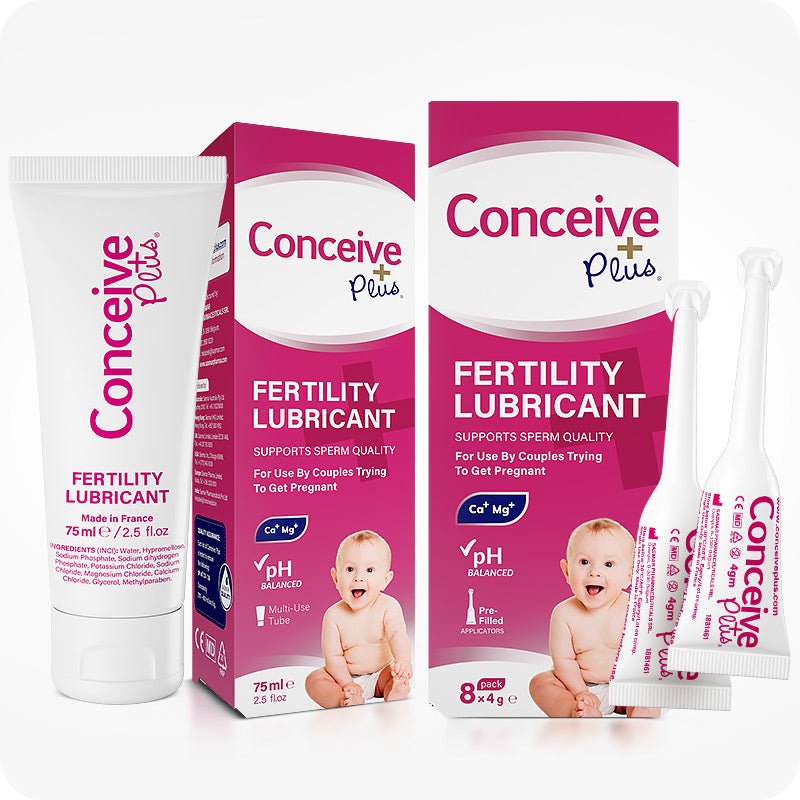If you want to grow your family, it can be hard to plan exactly when to have a second child. There are pros and cons to both small and large age gaps between siblings. When you’re planning a second pregnancy, you should think about your parenting style and what kind of relationship you want your kids to have. Of course, sometimes life makes its own plans, so know that no matter how much you plan things out, you may not end up with exactly the timing you want.
Under 2 Years
Some parents decide to
get pregnant and have a second baby right after the first. The benefits are that their kids grow up at a very similar age and will therefore go through similar phases and interests together. Siblings close in age can grow up to be extremely close. On the flip side, they can also have more intense sibling rivalry. Practically speaking, having a second kid within two years will mean parenting a toddler while pregnant and while you have a new baby, which can be a big challenge.
2-4 Years
Many parenting experts recommend this age gap: parents have a chance to develop a stable (or at least somewhat stable) routine with their first child and even catch up on some sleep before having a new baby. Your first child may even be starting preschool, giving you some one-on-one time with the baby. The downsides are that you have to start the whole bottles and diapers routine from square one, just when you feel like you’ve finished it. A 2-4 age gap is small enough that your two kids will grow up together, although you may have to deal with feelings of jealousy in the older sibling.
5+ Years
Many parents opt for a longer gap between children either because that’s what works best with career and other life plans, or because they want to be able to really focus on each child’s youngest years. A larger gap allows you to maximize individual attention, and your older kids may even be able to help out with the youngest. The downsides are that it may be harder for your kids to bond as you grow up, and you’ll have to bounce back in forth between a baby and older child.



